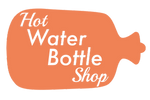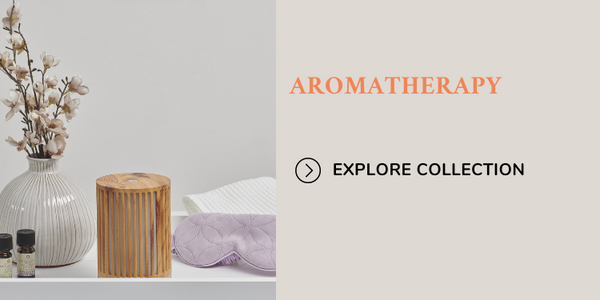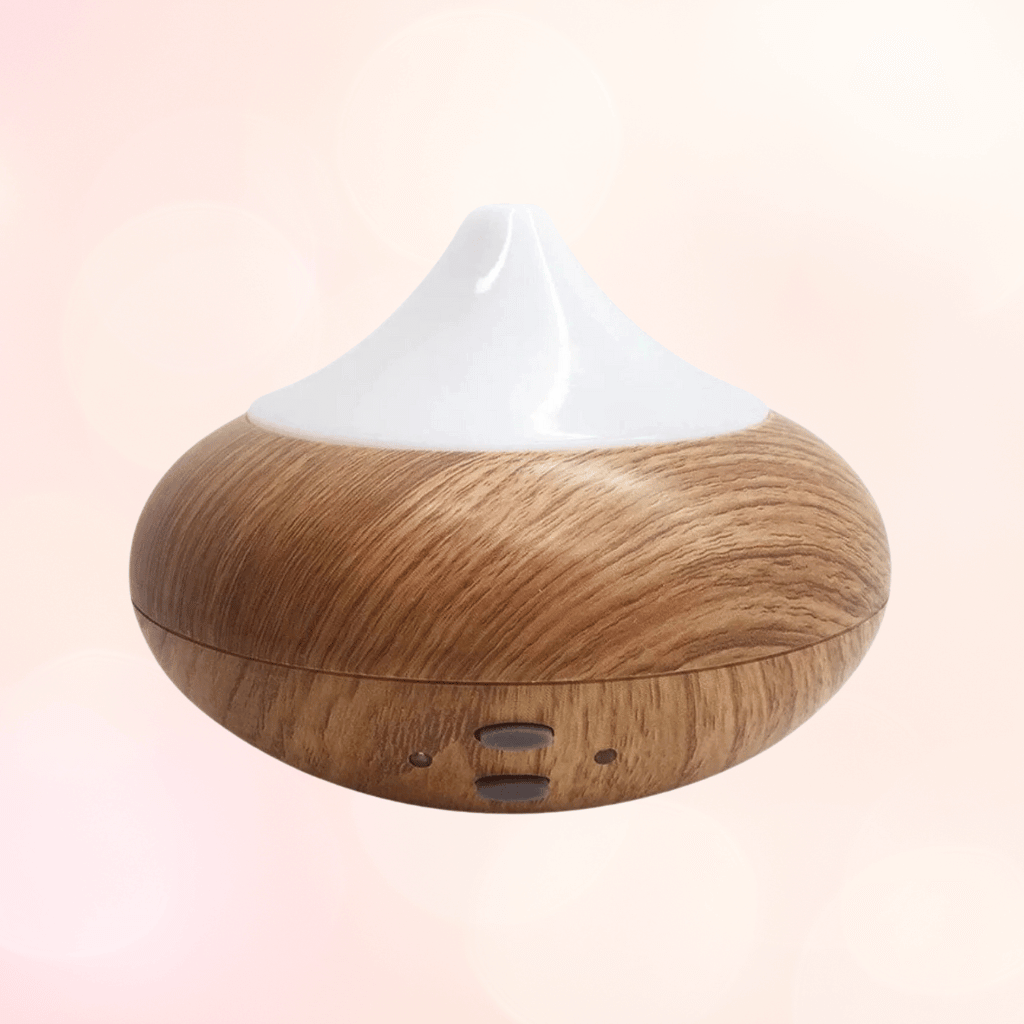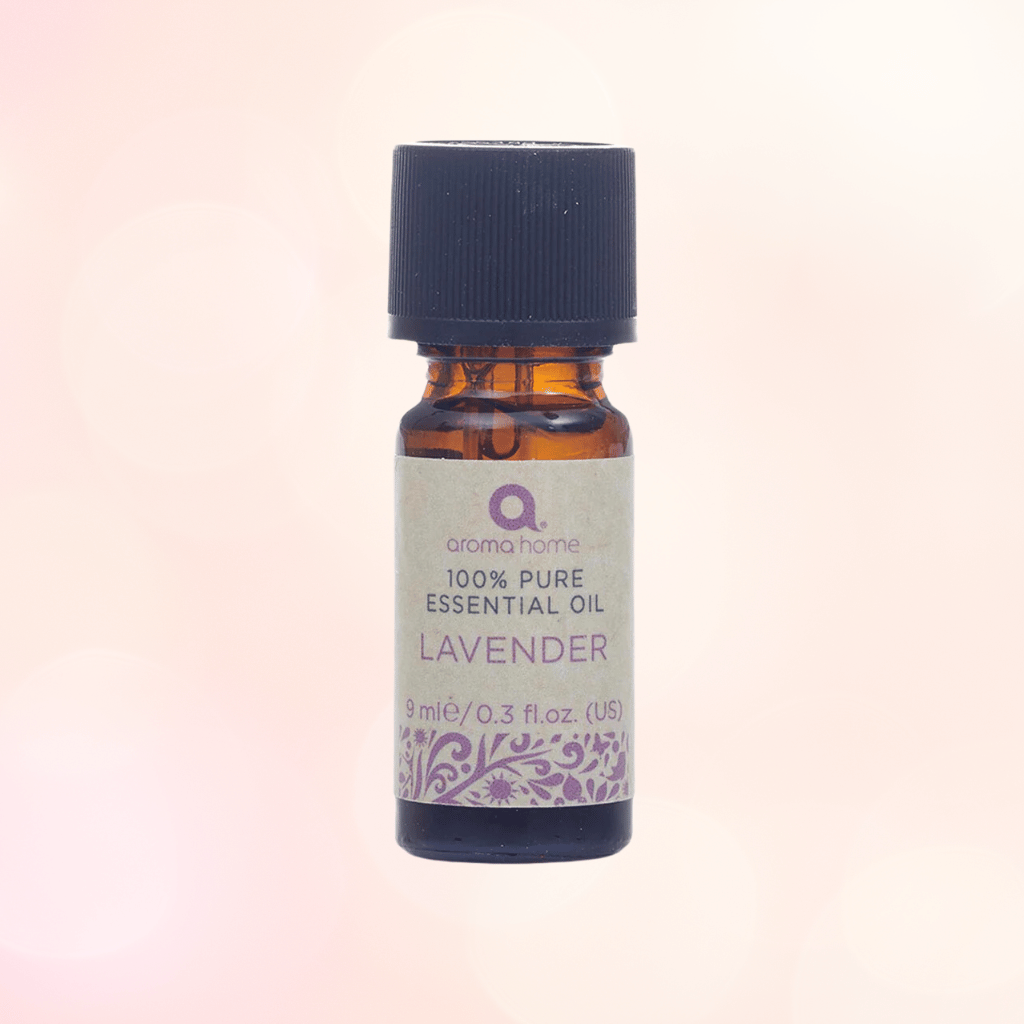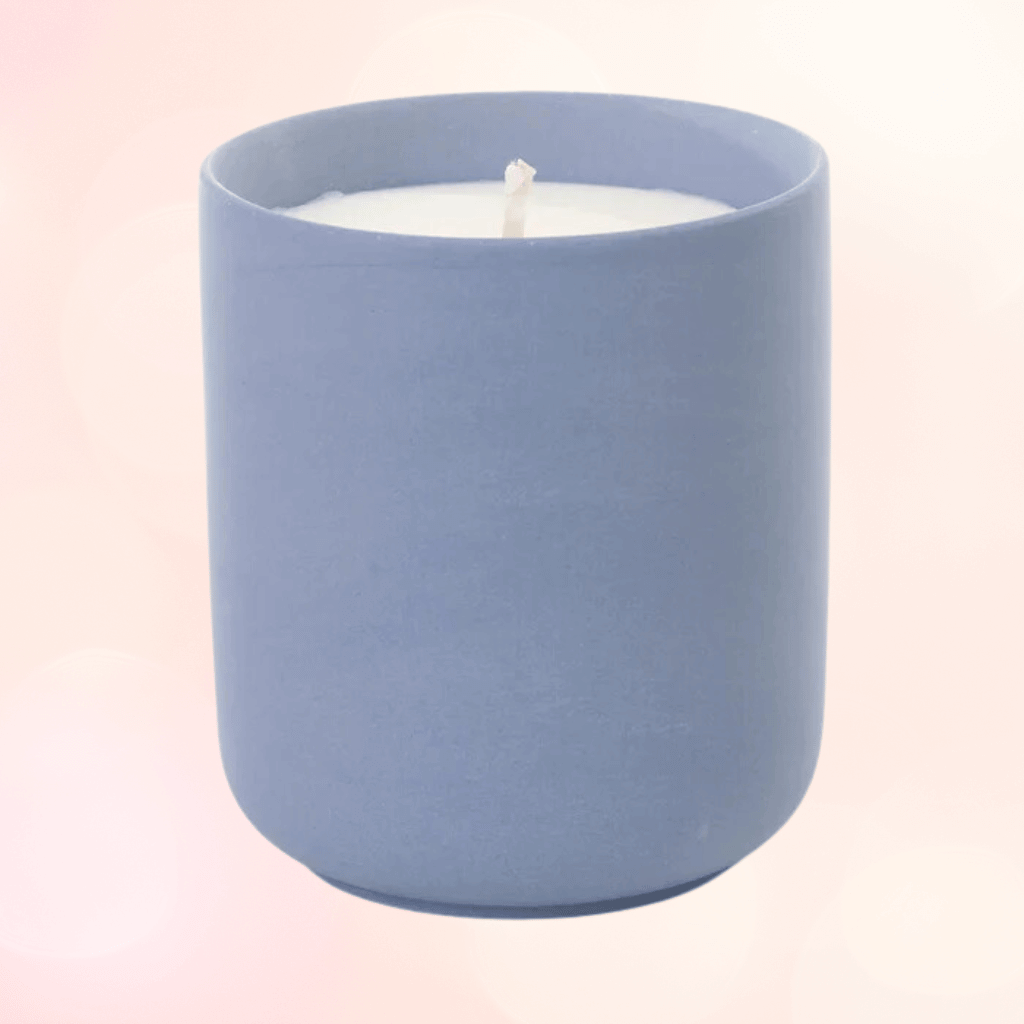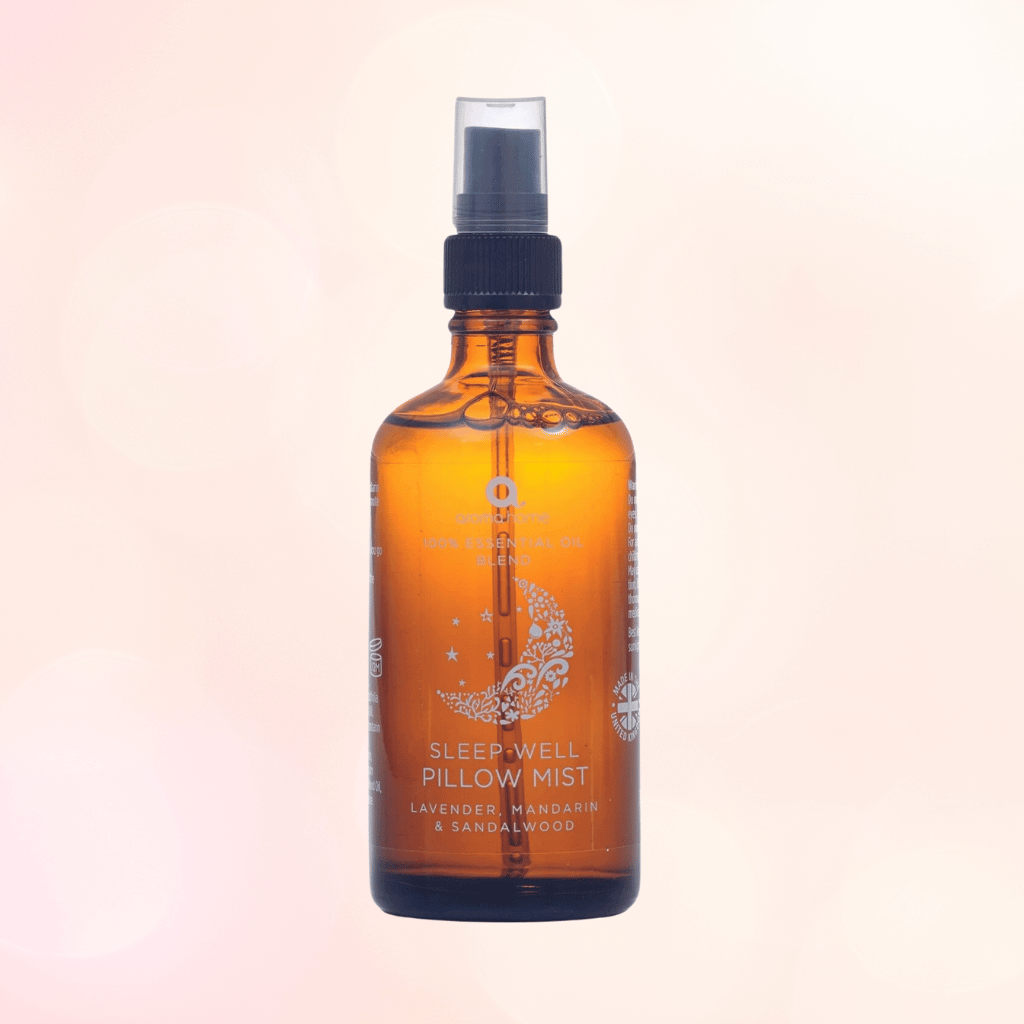The Essential Guide to Aromatherapy
Are you struggling with stress, anxiety, poor focus, fatigue, or insomnia?
If so, you may be interested in aromatherapy.
Purpose of this guide
Aromatherapy is a plant-based, complementary therapy that supports mental, emotional, and physical health.
In this essential guide, we'll explore the purpose of aromatherapy and how it works. We'll also discuss the best essential oils and how to use them to improve your well-being.
What is aromatherapy?
Aromatherapy is a holistic therapy that uses the therapeutic power of scent to stimulate your body's self-healing mechanisms1.
It involves concentrated plant compounds called essential oils extracted from roots, leaves, bark, grasses, fruit, or flowers. The result is volatile, concentrated, and aromatic plant extracts rich in health-promoting compounds.
So, how does it work?
Scent is powerful – smelling something pleasant and familiar can change your mood and take you on an emotional journey.
Researchers believe aroma molecules in essential oils interact with the olfactory receptors in your nose. When inhaled, they send messages via the olfactory nerve to an area of the brain called the amygdala2. It's part of the limbic system, responsible for emotions, behaviour, heart rate, and memory. In this way, essential oils can influence your feelings and reactions.
When applied topically, active compounds in essential oils may enter the blood and exert their effects on a cellular level.
How can aromatherapy help me?
Aromatherapy can boost energy, regulate stress, encourage relaxation, support a positive mood, and improve sleep.
Certain aromas have calming, sedative properties – like chamomile, lavender, and rosemary. Other oils have stimulating scents that promote mental and physical energy – such as orange, grapefruit, and peppermint.
Depending on the properties of the oil, aromatherapy may also help with:
- Soothing inflammation
- Reducing fatigue and poor focus
- Relieving chronic pain and joint and muscle inflammation
- Soothing headaches and toothache
- Boosting mood
- Improving memory
- Supporting immunity and easing respiratory symptoms
- Improving sinusitis and clearing congestion
- Eliminating nausea, digestive discomfort, and IBS
- Healing acne, eczema, and burns
- Disinfecting cuts and wounds
On top of its therapeutic benefits, aromatherapy can also repel insects, disinfect the air, and make home cleaning products. A trained aromatherapist can create therapeutic oil blends and recommend ways to use them.
Types of aromatherapy
Essential oils are versatile and super easy to use. Just a few drops go a long way!
Here are six ways to incorporate aromatherapy into your lifestyle:
Direct inhalation
Essential oils can be inhaled directly from the bottle or tissue, a handkerchief, a cotton ball, or the palms of your hands.
Steam inhalation
Steam inhalation is ideal for soothing congestion, sore throats, and coughs.
Place a few drops of essential oil into a bowl of hot water and put a towel over your head as you inhale the vapours for 30-60 seconds at a time. Keep your face a few inches above the bowl for safety.
Diffusion
Diffusing essential oils is one of the best ways to inhale the oils and freshen the air.
Aromatherapy diffusers contain a vibrating disk that creates a fine essential oil mist. Add 3-5 drops of essential oil along with 100 ml of water to the diffuser and let it run for 30-60 minutes at a time. As a bonus, your home will smell great!
Room and linen sprays
Essential oil room and linen sprays give you therapeutic benefits while also deodorising your linen and furniture.
Our pillow sprays and mists include a soothing blend of Lavender, Mandarin and Sandalwood. Spritz it over your pillow and duvet before bed for a good night's sleep.
Topical application
Applying essential oils to your skin allows you to obtain the benefits both externally and aromatically.
Examples of using essential oils topically include:
- Having an aromatherapy massage
- Rubbing essential oil salves onto skin irritations
- Using essential oil-based skincare products
- Adding 5-10 drops of essential oils to a warm bath
- Adding a few drops of oil to body lotion or face cream
It's crucial to always dilute essential oils before applying them to your skin. Dilute 4-6 drops of essential oil per 1 tablespoon of carrier oil. Examples of carrier oils include coconut, almond, grapeseed, apricot, avocado or jojoba oil.
Ingestion
Some essential oils, when diluted, can be consumed internally or used to flavour food and beverages.
However, this isn't encouraged unless working with a trained aromatherapist.
Choosing an essential oil
These are some of the most versatile essential oil blends and their benefits:
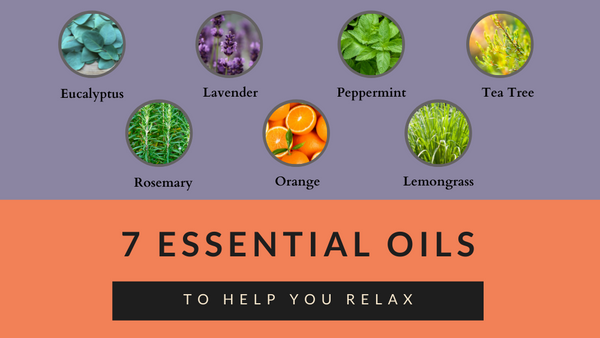
1. Eucalyptus
Eucalyptus should be in everyone's medicine cabinet.
Eucalyptus oil is distilled from the Australian eucalyptus tree and has a strong camphor scent. If you have a cold or allergies, inhaling, diffusing, and massaging eucalyptus oil on your chest is helpful. A eucalyptus oil massage is also great for achy muscles after a workout.
2. Lavender
Lavender essential oil – from fragrant lavender flowers – is a popular and versatile oil. It has antiseptic, antispasmodic, and sedative properties. Lavender is our go-to for improving sleep, reducing anxiety attacks, and soothing burns and skin irritation. Just a few drops on your pillow at night can encourage restful sleep3.
If you're new to aromatherapy, lavender oil should be your first purchase! It's also great as a natural solution for deterring ants and other insects.
3. Peppermint
Peppermint is a fresh, sweet essential oil known for its energising and decongestant properties. It contains an active compound called menthol, responsible for its unmistakable scent.
Inhaling peppermint essential oil can help when you have a cold, a headache, or even bad breath. Try massaging some diluted peppermint oil into your temples when you're feeling tired or struggling with a headache4.
4. Tea tree
Tea tree essential oil is an antiseptic, immune-boosting oil extracted from the melaleuca tree in Australia. Aboriginal tribes have used it for centuries to fight infections. And studies show tea tree oil can kill airborne viruses like the flu5!
Tea tree’s s germ-fighting properties make it great for dealing with acne and fungal infections. However, ensure you dilute 1-2 drops of oil per teaspoon of carrier oil before applying it topically. It is potent and may irritate sensitive skin when used undiluted.
5. Rosemary
Rosemary is an essential oil with a herbaceous aroma that's known for supporting brain health, mood, and memory. Research has shown aromatherapy using rosemary oil may improve cognitive function in patients with dementia6.
Rosemary oil may also support circulation and healthy hair growth. Add a few drops to your favourite shampoo and gently massage it into your scalp for strong, shiny locks.
6. Orange
Cold-pressed from sweet orange peels, orange essential oil is sweet, energising, and antimicrobial. Diffusing orange oil in the morning may lift your mood and focus your mind for a productive day.
Final word
We hope this guide has helped you understand the uses and benefits of essential oils.
In summary, aromatherapy can help you feel happier, increase focus, improve sleep, reduce anxiety, support immunity, and improve your overall well-being. However, not all essential oils are equal – it's crucial to invest in 100% pure, therapeutic-grade oils.
→ Shop now: Our aromatherapy collection
Take note: The Site cannot and does not contain medical / health advice. The medical / health information is provided for general informational and educational purposes only and is not a substitute for professional advice. Accordingly, before seeking any form of medical advice, diagnoses or treatment based upon such information, we encourage you to consult with your GP or other qualified health practitioner. You must never disregard professional medical advice or delay in seeking it because of something mentioned on this Site. The use or reliance of any information contained on the site is solely at your own risk.
Resources
- https://pubmed.ncbi.nlm.nih.gov/15981973/
- https://www.ncbi.nlm.nih.gov/pmc/articles/PMC8125361
- https://pubmed.ncbi.nlm.nih.gov/16298774/
- https://pubmed.ncbi.nlm.nih.gov/27106030
- https://www.tandfonline.com/doi/full/10.1080/02786826.2012.708948
- https://pubmed.ncbi.nlm.nih.gov/20377818/
- Aromatherapy Treatment: The Essential Guide - Treatwiser
- Massage Therapy: The Essential Guide - Treatwiser
